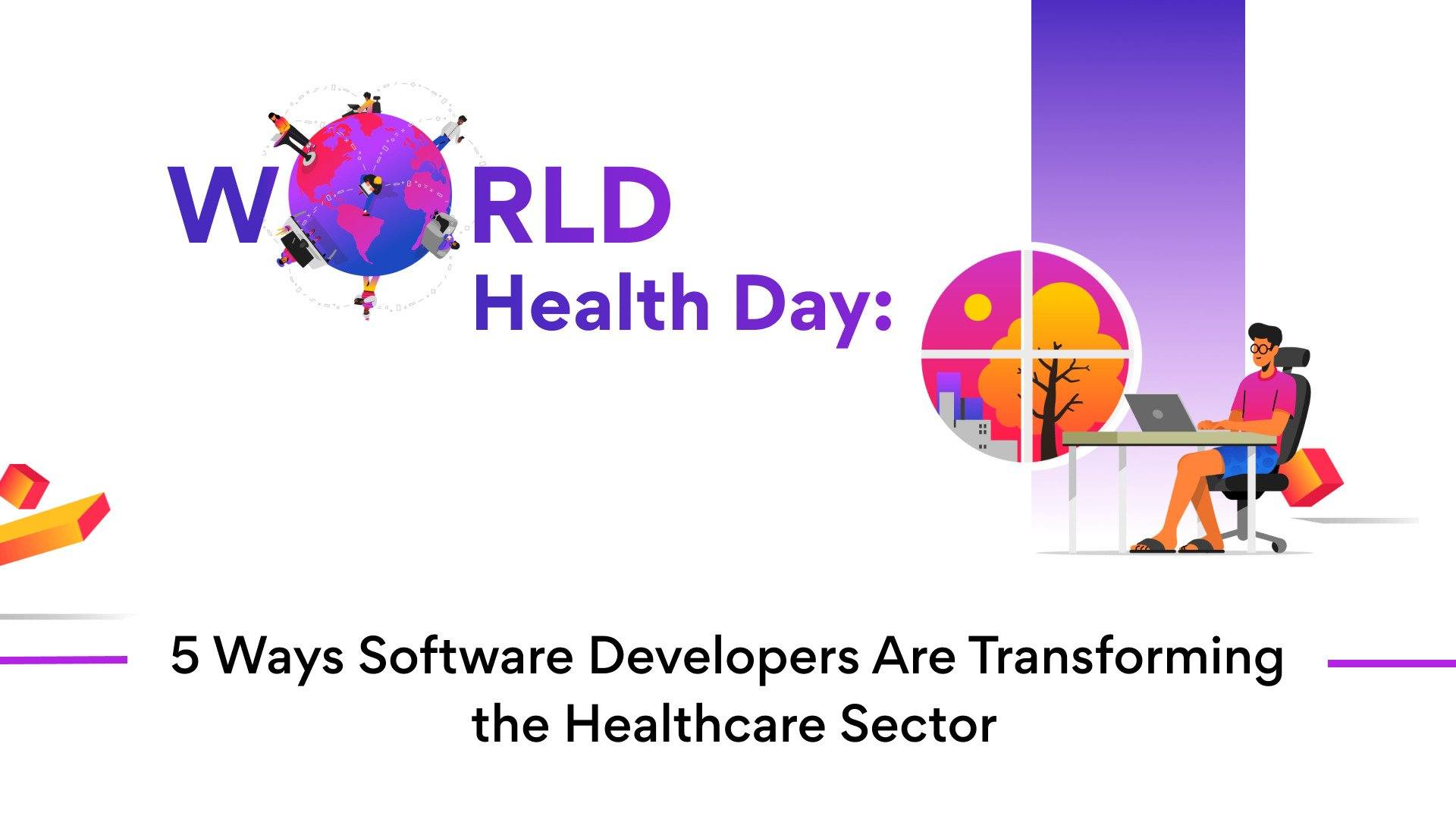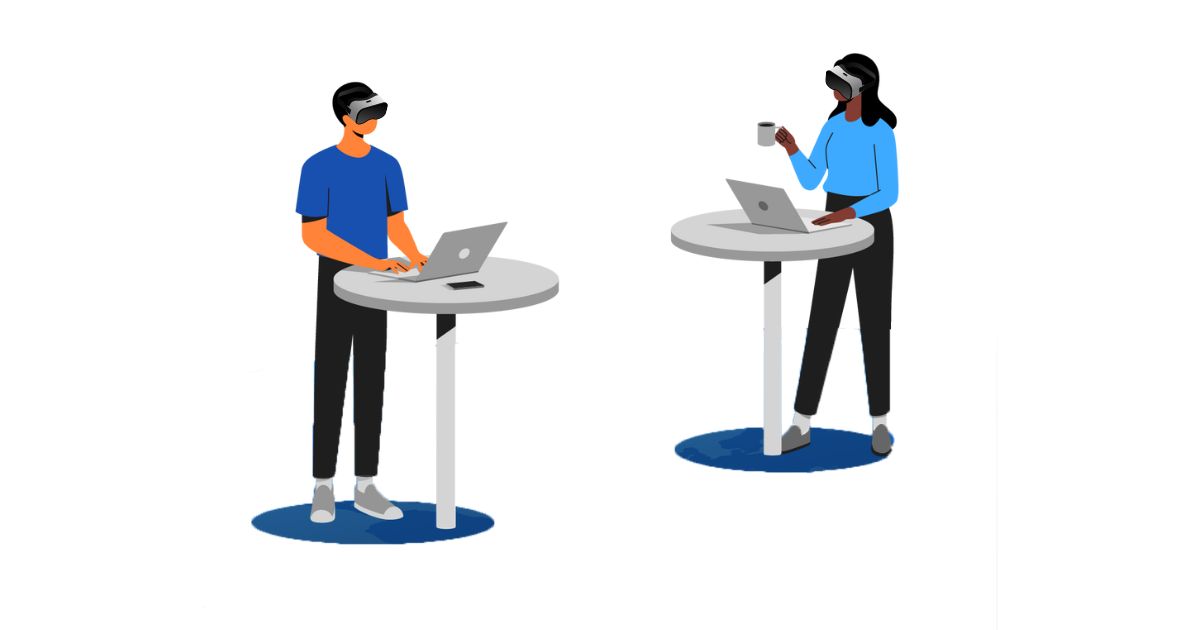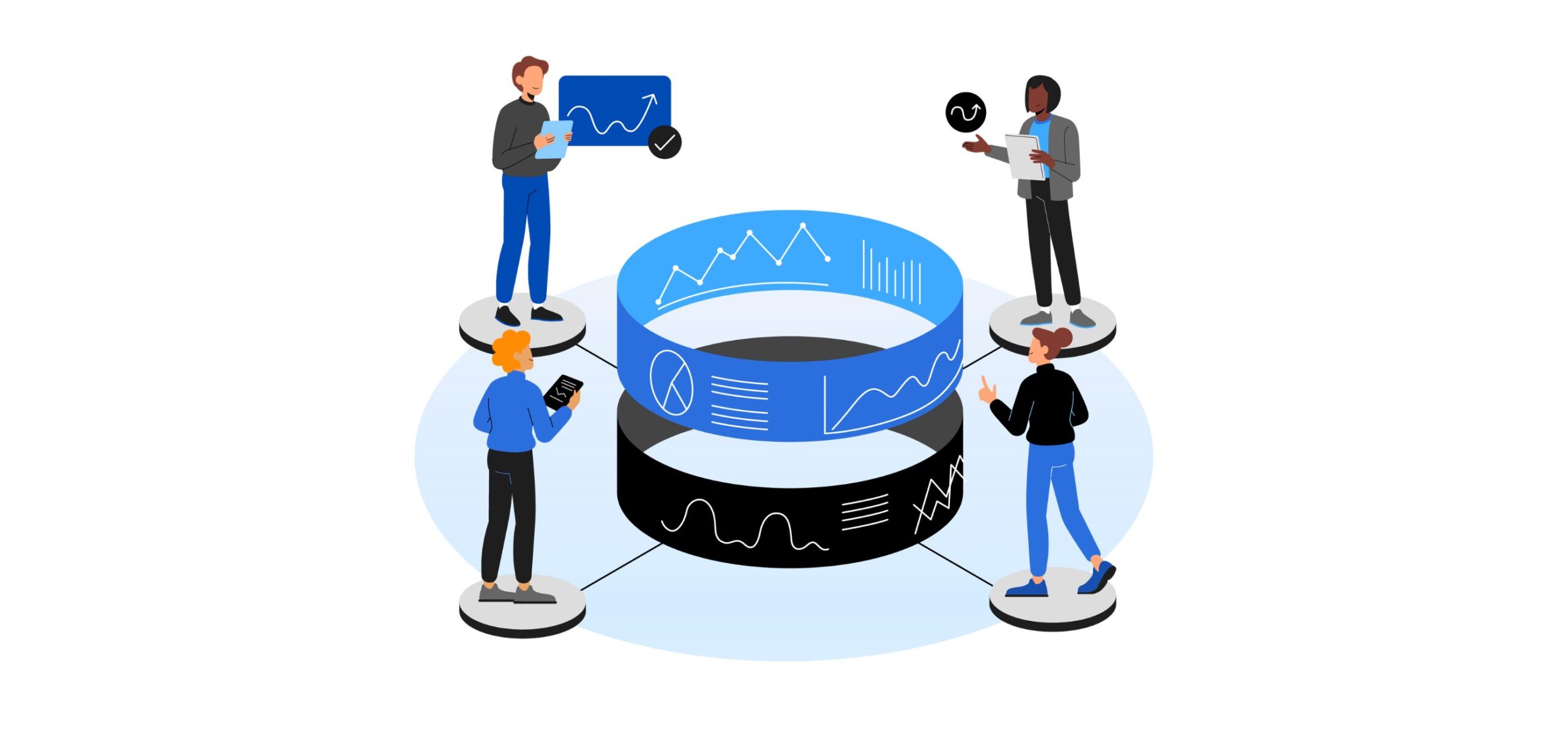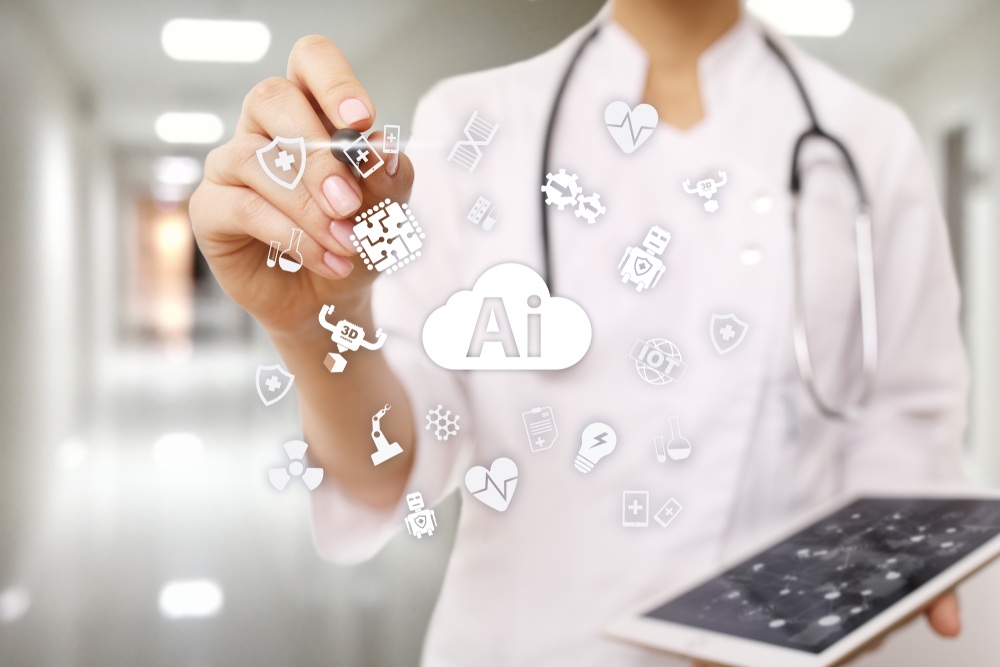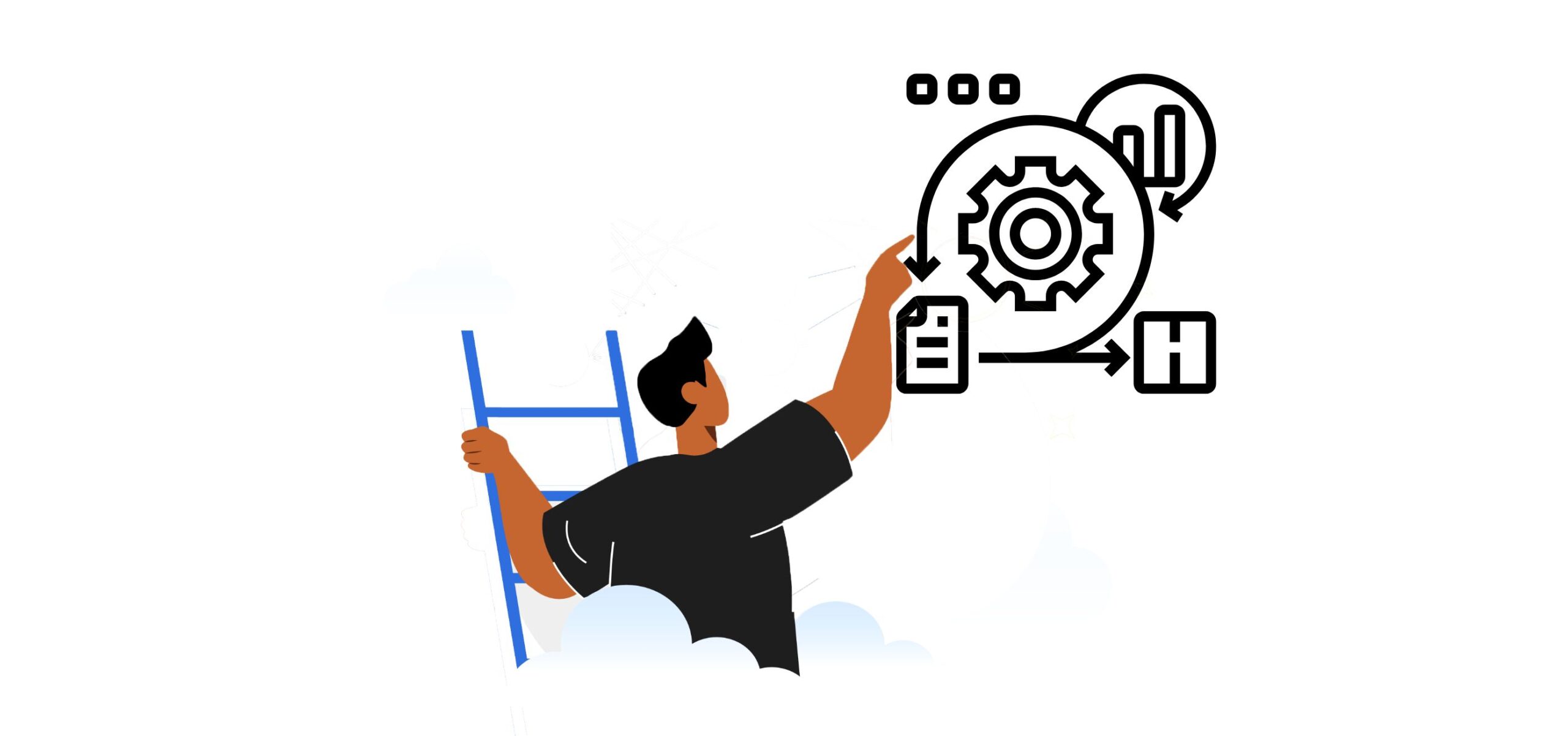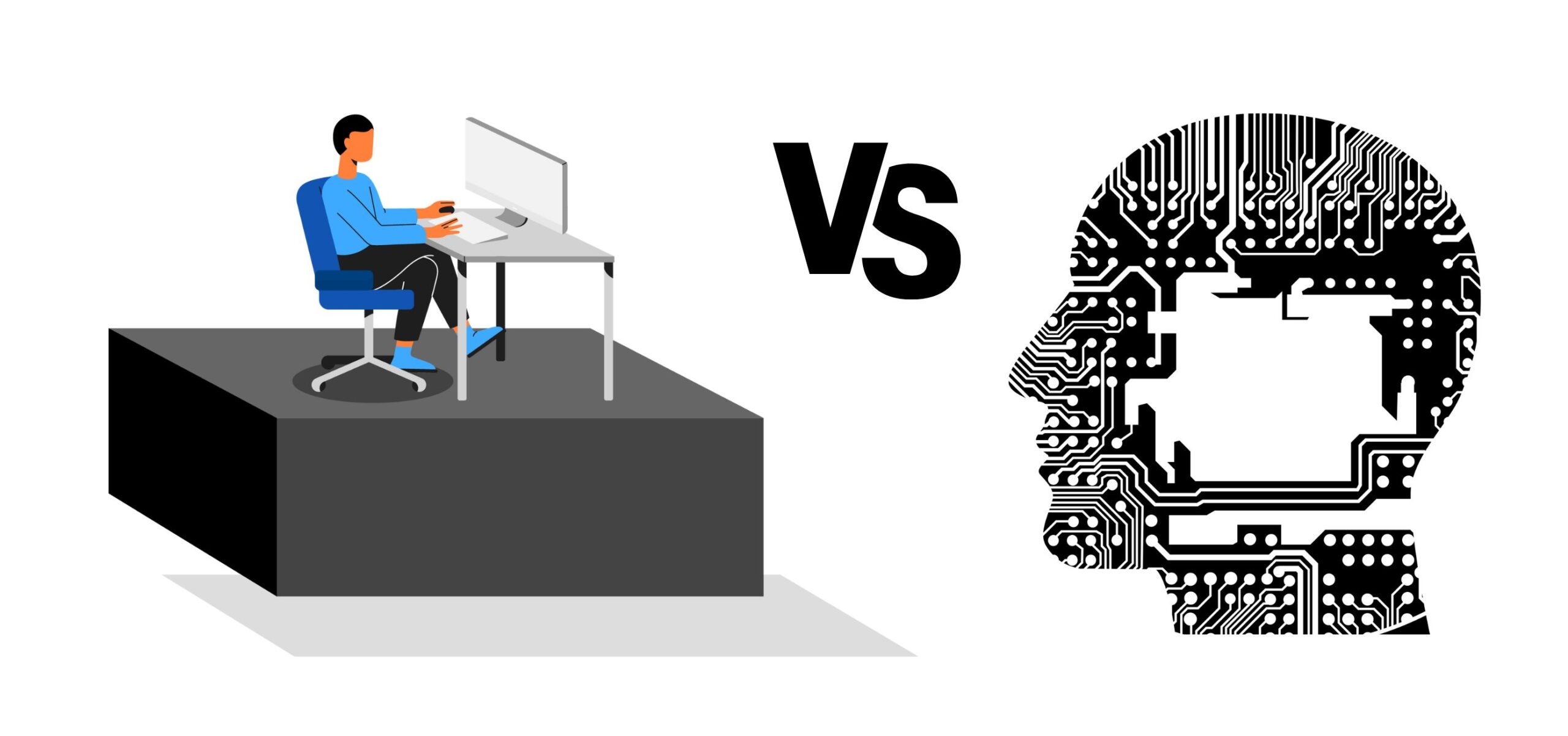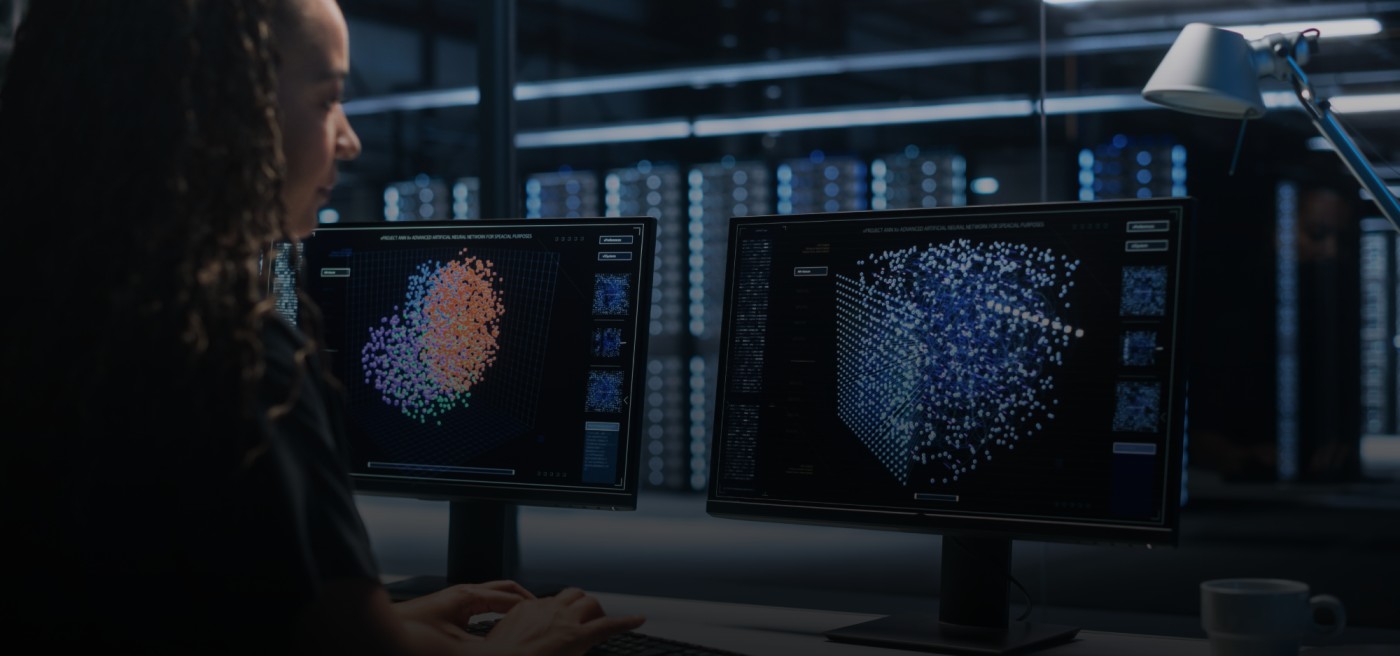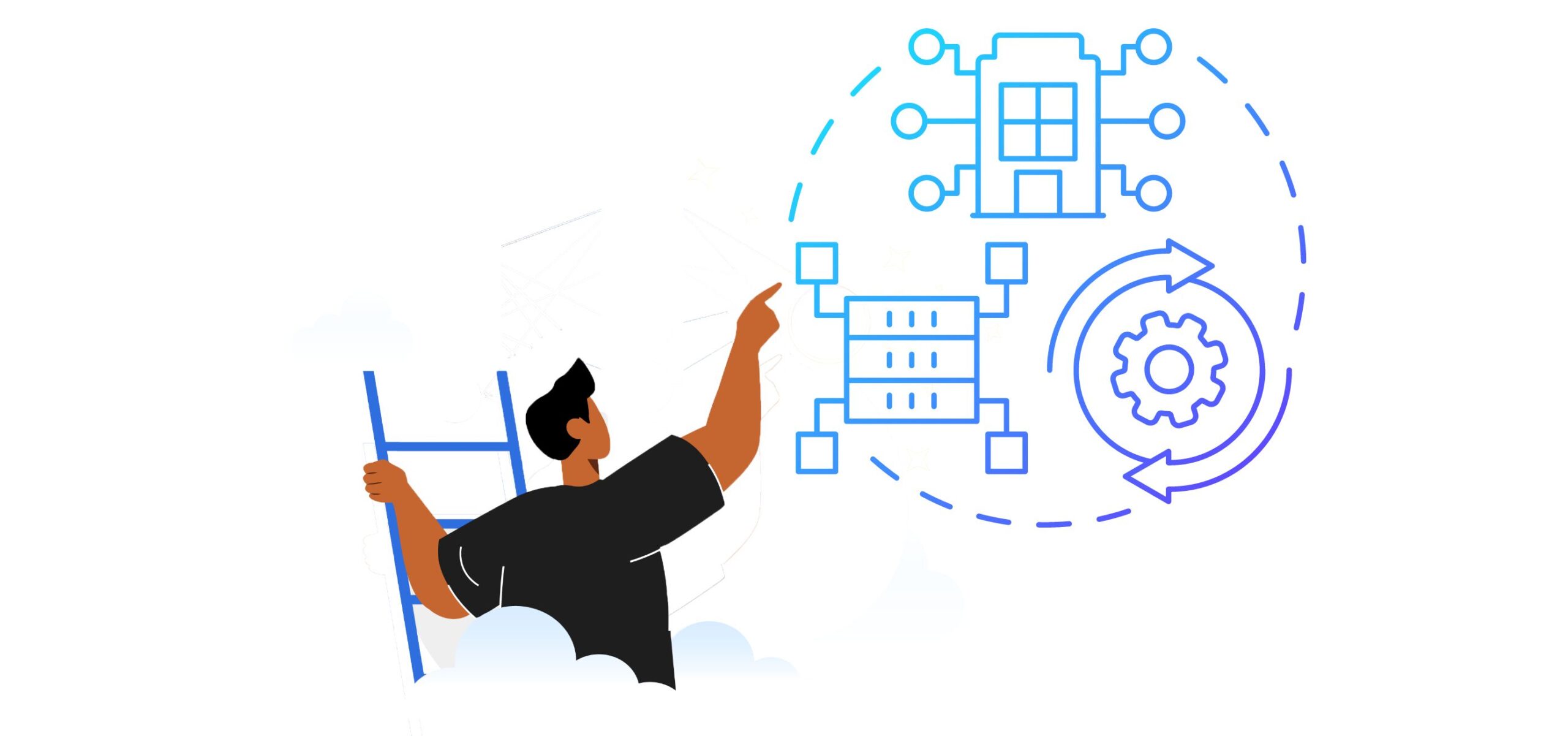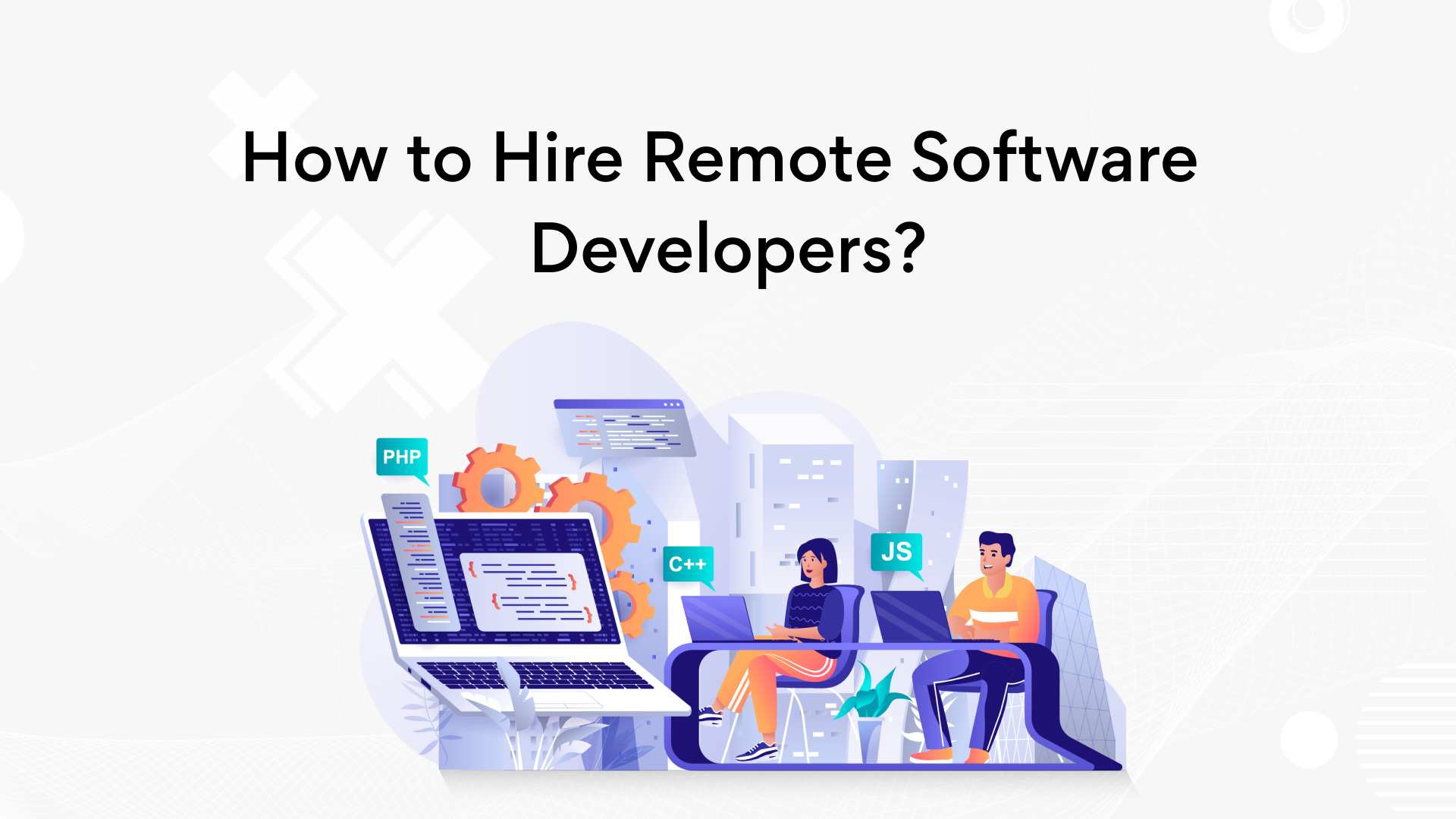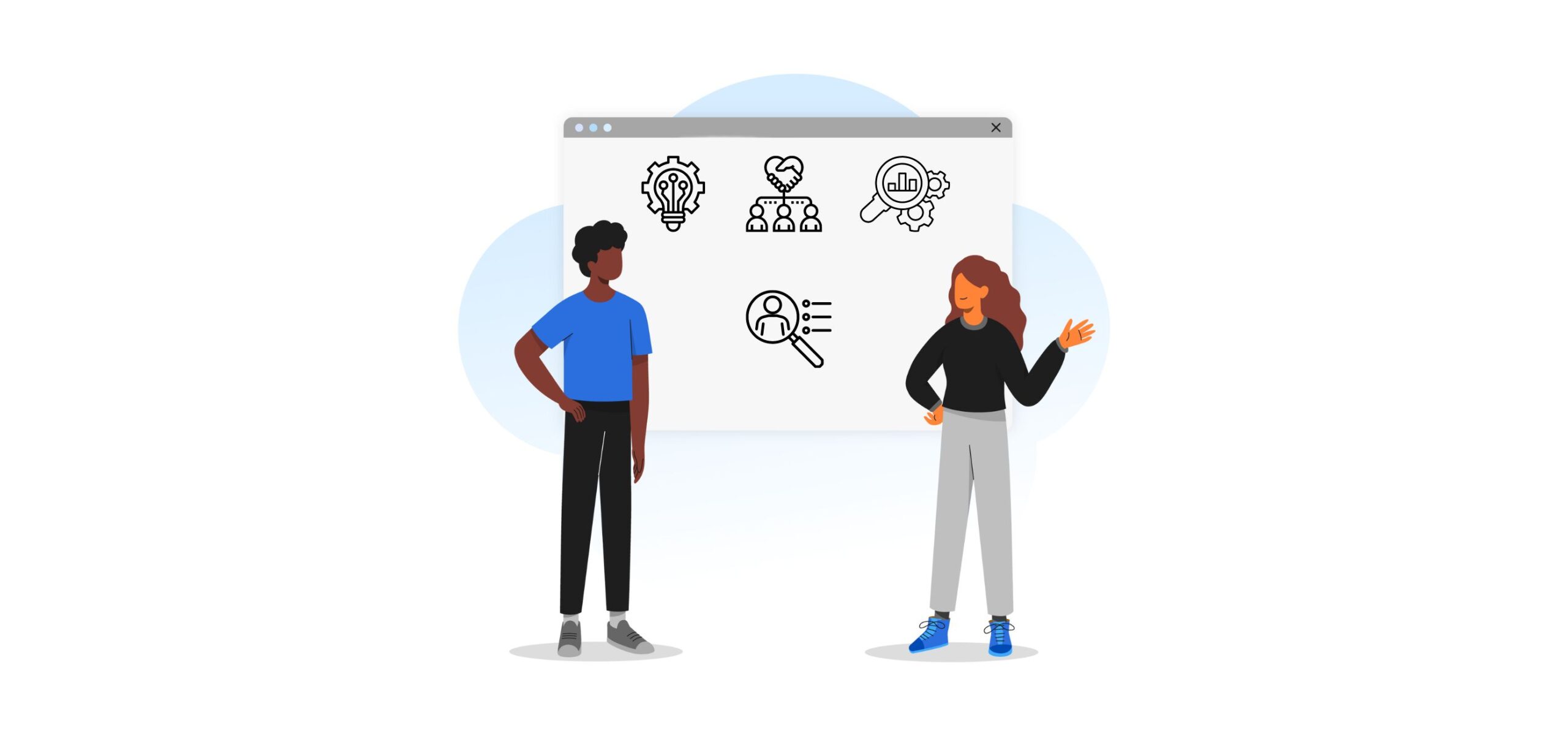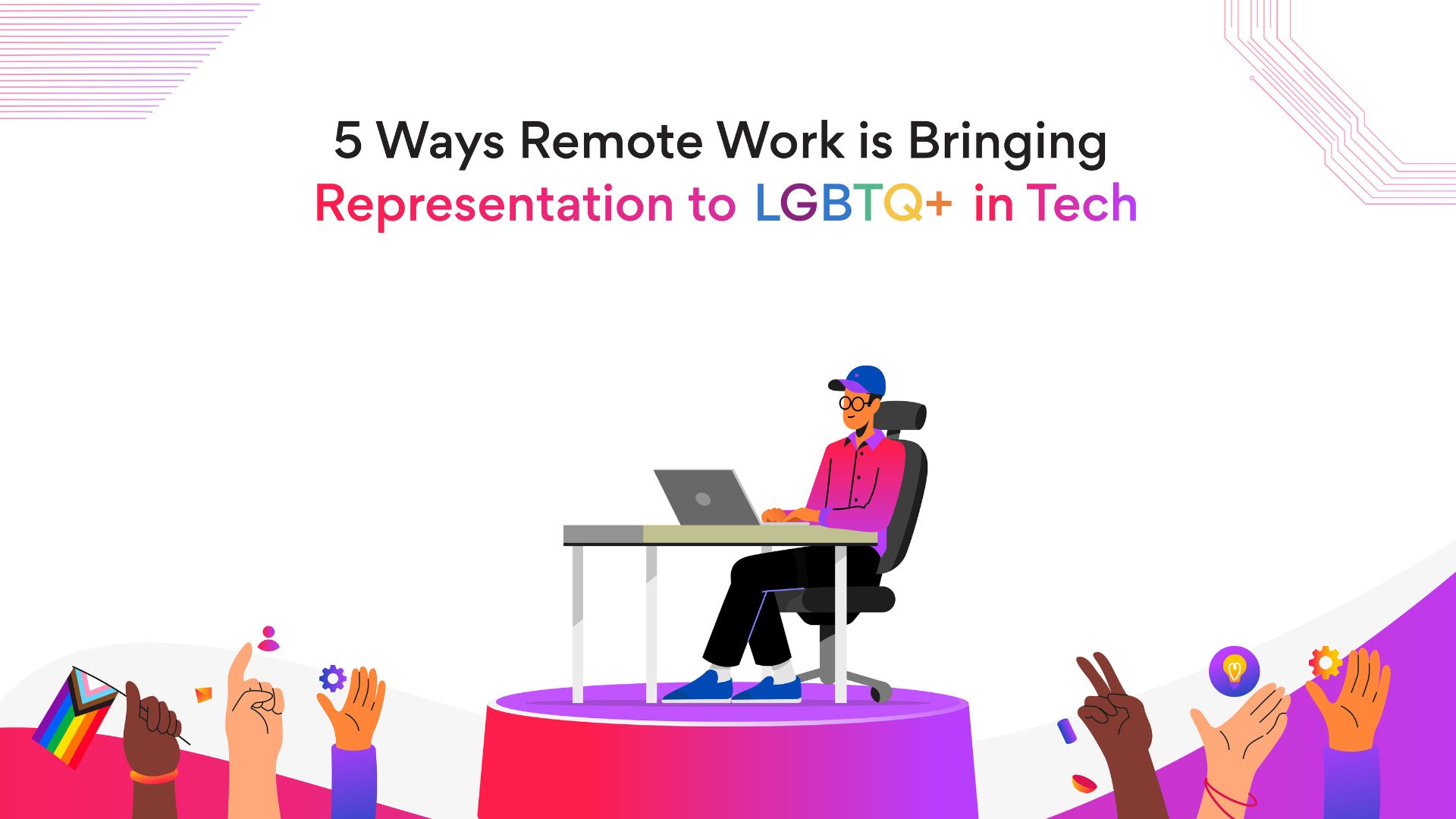World Health Day: 5 Software Development Breakthroughs for Healthcare
World Health Day is celebrated every year on April 7 to recognize the widespread contributions of the medical faculty. The theme for World Health Day 2022 is ‘Our Planet, Our Health.’ This theme aims to direct global focus toward the well-being of the planet and the humans living on it.
Many revolutionary breakthroughs in healthcare technology have taken over in the decades that people have practiced medicine. Still, few have had the same impact as digital technology. Technological advancements in networking and computers expanded medical treatment choices and changed how professionals execute their professions.
The demand for healthcare software development is gradually increasing with each passing day. According to McKinsey, technology-driven innovation in the healthcare industry would generate an annual value of $350-$410 billion by 2025.
Here are five ways software developers are transforming the Healthcare sector.
Remote Patient Monitoring (RPM)

Remote patient monitoring
Remote patient monitoring (RPM) monitors patients’ health using technology outside of a regular clinical environment. RPM is a delivery mechanism within the more significant telemedicine sector that uses specific technologies to communicate information between patients and clinicians electronically.
RPM has several advantages, including improved patient outcomes, faster response times, and significant cost savings. RPM and telemedicine go hand in hand in minimizing the need for patient travel and lowering risk.
Various forms of RPM were permitted for reimbursement due to legislative changes to Medicare in response to the Covid-19 outbreak, effectively enhancing the popularity of this new therapy. According to Insider Intelligence, 70.6 million US patients, or 26.2 percent of the population, will use RPM tools by 2025.
As per the survey by Spyglass Consulting Group, RPM is growing so common that about 88 percent of healthcare professionals have invested in or are considering adding RPM to their practice.
World Health Day: AI in Healthcare
Artificial intelligence (AI) drives modern-day healthcare. Programmers can imitate human cognition by inventing specialized algorithms and writing programs that appear to think, learn, make decisions, and act.
AI in the medical field does not imply that sentient robots will start delivering medical treatment. It does, however, imply that physicians may offer suggested diagnoses, drugs, and treatment plans based on a patient’s medical records, history, and present symptoms.
Overall, healthcare leaders benefit from this extensive and comprehensive healthcare data analysis.
Digital Therapeutics
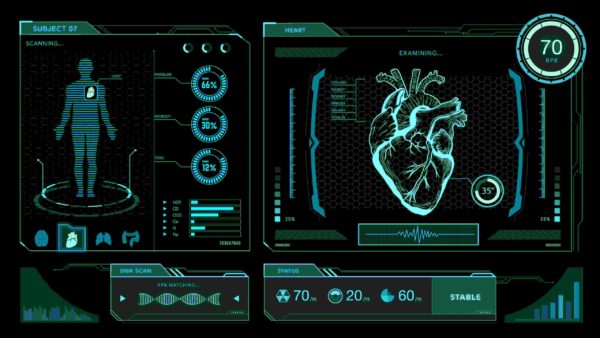
Digital Therapeutics
Patients with chronic conditions may require continual medical attention. Patient education, symptom monitoring, medication adjustments, and behavioral modifications are examples of this type of therapy.
A doctor may prescribe digital medicines to a patient for a specific medical issue. These advanced software solutions are available on a patient’s smartphone or personal computer. Diabetes, cancer, anxiety, musculoskeletal pain, ADHD, asthma, migraines, and insomnia are all medical problems that can benefit from digital treatments.
Doctors receive information regarding a patient’s health through these programs. And hence, doctors can keep track of patients without seeing them regularly and detect problems far sooner than if they had to wait for an appointment. It is important to note that this care is expensive, and it may take longer for medical staff and patients to get used to digital therapies and treatment.
Technology and Psychological Well-being
The latest technological advancements can treat persistent mental health issues. While most exams and first treatments will still require the assistance of a physician, patients can now access resources to help them improve their mental health in between meetings.
The above-mentioned digital medicines are well-suited to provide high-quality continuing mental health care. Some applications can even complete patient intakes and give an initial diagnosis before a patient meeting with a practitioner.
When utilized alongside virtual or in-person therapy, a traditional method is known as cognitive-behavioral therapy (CBT). CBT has been widely adopted in digital therapeutics with substantial effectiveness in helping patients change their behavior.
Video games are another emerging technology assisting with psychological well-being. EndeavorRX, the first prescription video game meant to treat ADHD in children aged eight to twelve, was just approved by the FDA. After just one month of treatment, 73 percent of subjects reported an improved ability to concentrate, with no adverse side effects.
World Health Day: Internet of Things
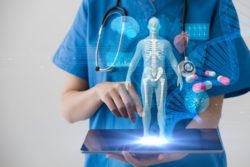
Internet of Things in Healthcare
The invisible network produced by physical objects connected to the internet is the Internet of Things (IoT). This network includes emerging technologies like remote patient monitoring, 5G-enabled devices, and wearable sensors in healthcare. More than 500,000 web-enabled medical equipment in the network function simultaneously to provide the most accurate and up-to-date patient data.
Intelligent medical equipment will be able to network with other nearby smart devices as technology and software improve, helping to enhance patient outcomes. This equipment would eventually allow doctors to keep a holistic eye on their patients’ health.
A Fitbit, for example, was found to be more accurate at measuring physical activity and predicting a five-year risk of death than more traditional approaches in one study.
World Health Day: Our Planet, Our Health
Technology solutions assist healthcare professionals in improving performance, increasing operation across systems, and managing costs. As the demands on enterprises grow, healthcare technology can help firms automate jobs, improve workflows, and optimize procedures on a scale that humans can’t.
The above software development solutions help healthcare personnel improve patient care, create better experiences, and reduce burnout as hospitals and health systems embrace value-based health reimbursement models.
Are you looking to build a team of skilled, remote software engineers in the cloud?
Turing is an AI-backed Intelligent Talent Cloud with 1M+ developers from 140 countries. Turing is building an extensive global pipeline of senior software developers and making remote development efficient, easy, and secure. If you are looking to hire software developers from Turing, you can save up to 50+ hours on screening candidates and fill up a new role within five days, if not the same day. Head over to our hire developers page to know more!
Tell us the skills you need and we'll find the best developer for you in days, not weeks.
